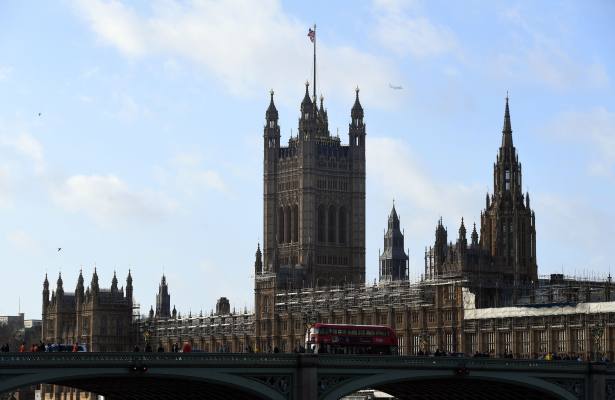
The Treasury committee has launched an inquiry into the future of Britain's financial services once it leaves the European Union.
The inquiry is set to examine which financial services the Government should prioritise when negotiating a future relationship with the EU and third countries and how a new trading environment might benefit the sector.
The committee has also promised to consider whether the UK should maintain the current regulatory barriers that apply to third countries.
Nicky Morgan, the committee's chairman, said: "London is the world’s premier financial centre, and many of us want to keep it that way.
"Brexit will have a significant and long-lasting impact on the financial services sector, including the insurance, retail banking and asset management sectors, in the UK, the EU, and potentially the rest of the world."
Ms Morgan said the Treasury committee will examine the risks and rewards involved for the financial services sector if the UK chooses to "converge, seek equivalence, or diverge" from the EU.
She added: "We’ll also explore the opportunities outside Brexit, such as fintech, on which we should be capitalising."
Following the inquiry, the committee plans to make recommendations to the Government and industry regulators as to what should be prioritised in trade negotiations with the EU and other countries.
Ms Morgan said: "We’ll also seek to conclude whether it would be in the long-term interests of the UK to align closely with EU financial rules, or to forgo financial services trade with the EU and pursue trade with other third countries."
Late last year the committee criticised the Treasury for failing to provide any short-term analysis on the impact of Brexit on UK economy.
In December the committee published a report on the withdrawal agreement secured by prime minister Theresa May with the EU, in which it claimed the government's analysis did not show how the economy would transition to a new trading relationship, or the path taken by inflation and unemployment.
The committee's report found the financial services sector would contribute less to the UK economy in each of the modelled scenarios, but did note the Bank of England was confident the financial services sector would be able to withstand a no-deal Brexit.
Alistair Cunningham, financial planning director at Wingate Financial Planning, said: "Whilst it may not directly impact most advisory firms, Brexit clearly has a huge potential impact on financial services as a whole which is a significant proportion of the UK’s economy.
"Logically the government will prioritise this sector’s interests due to its importance, and should also consider each sub-sector by its relative impact.
"Personally, if we are to leave the EU then I would prefer as little friction as possible, but of course this works in both directions so would need to form a core part of any negotiations."





